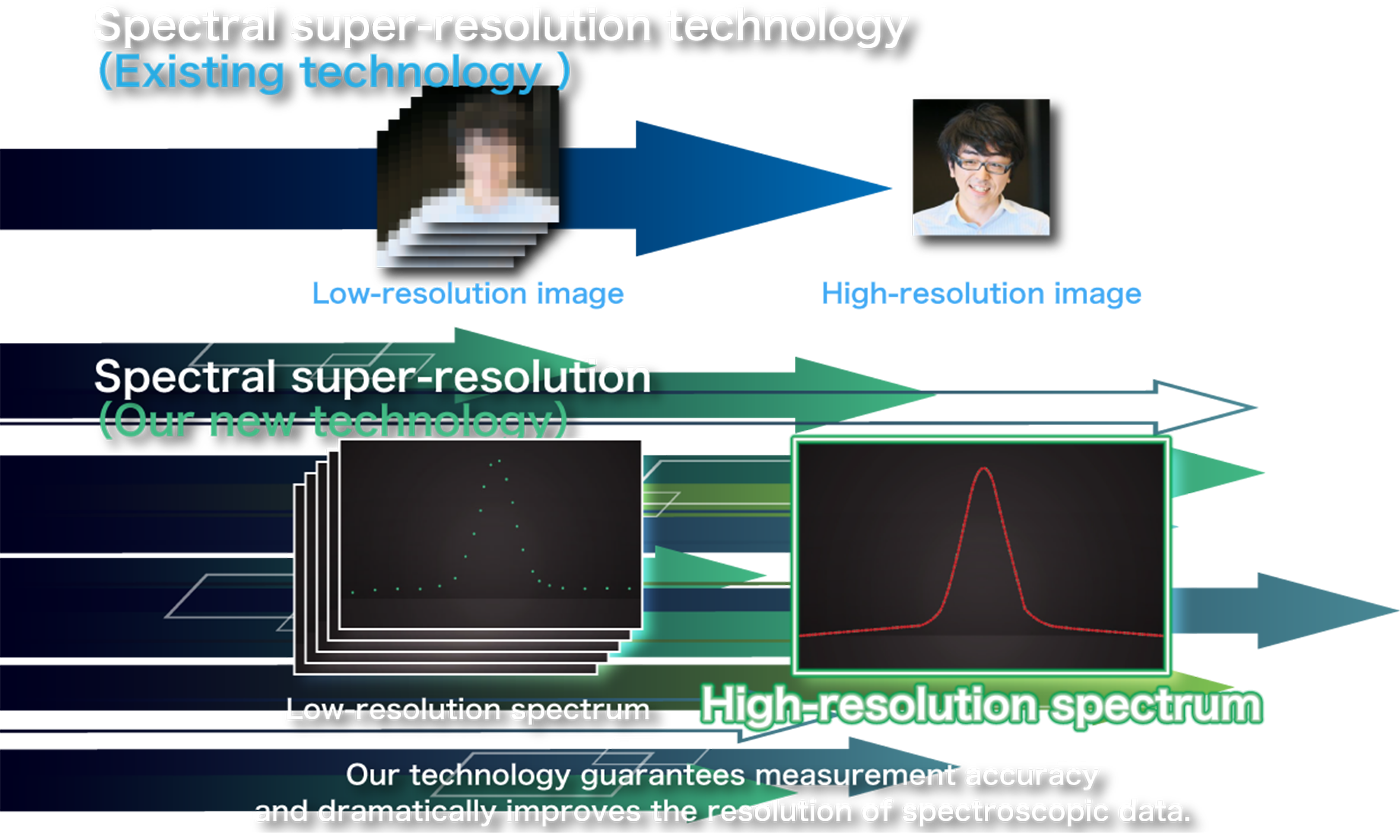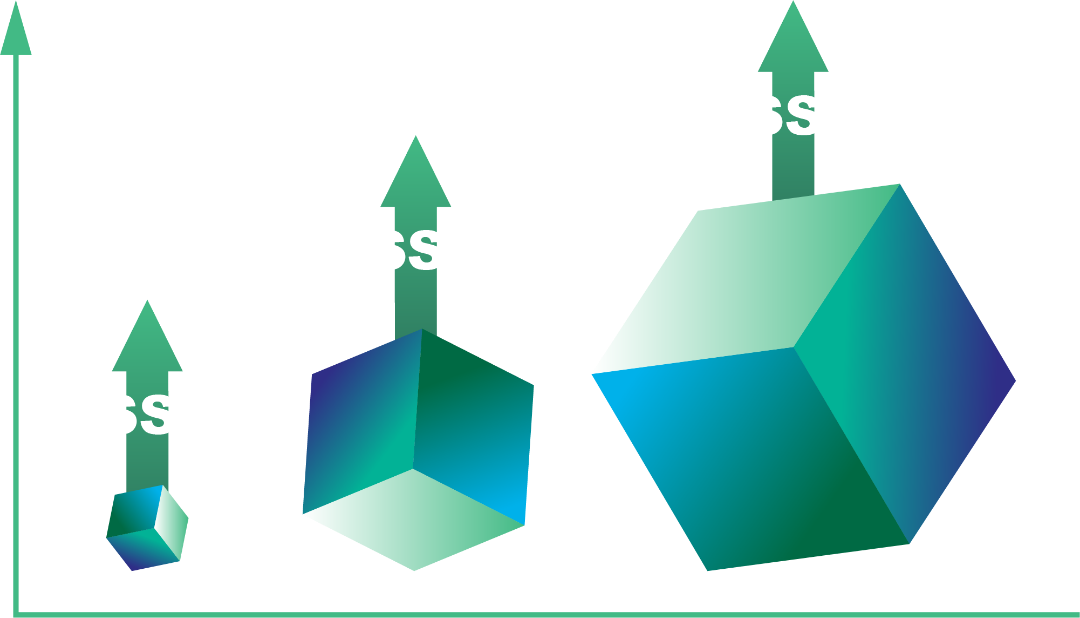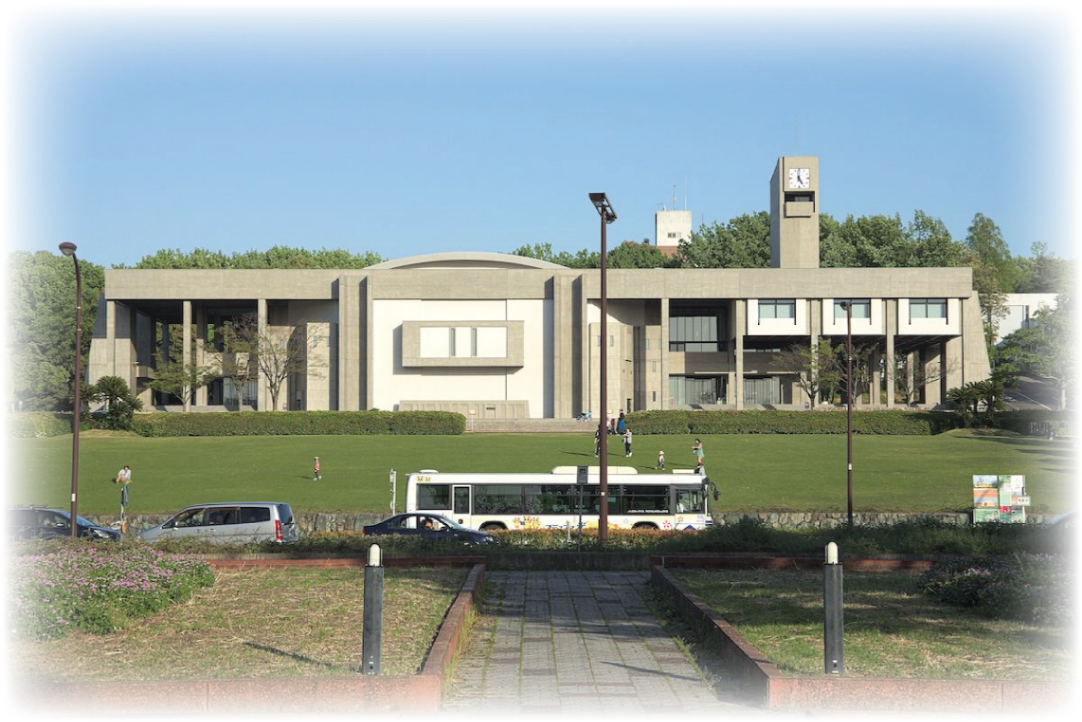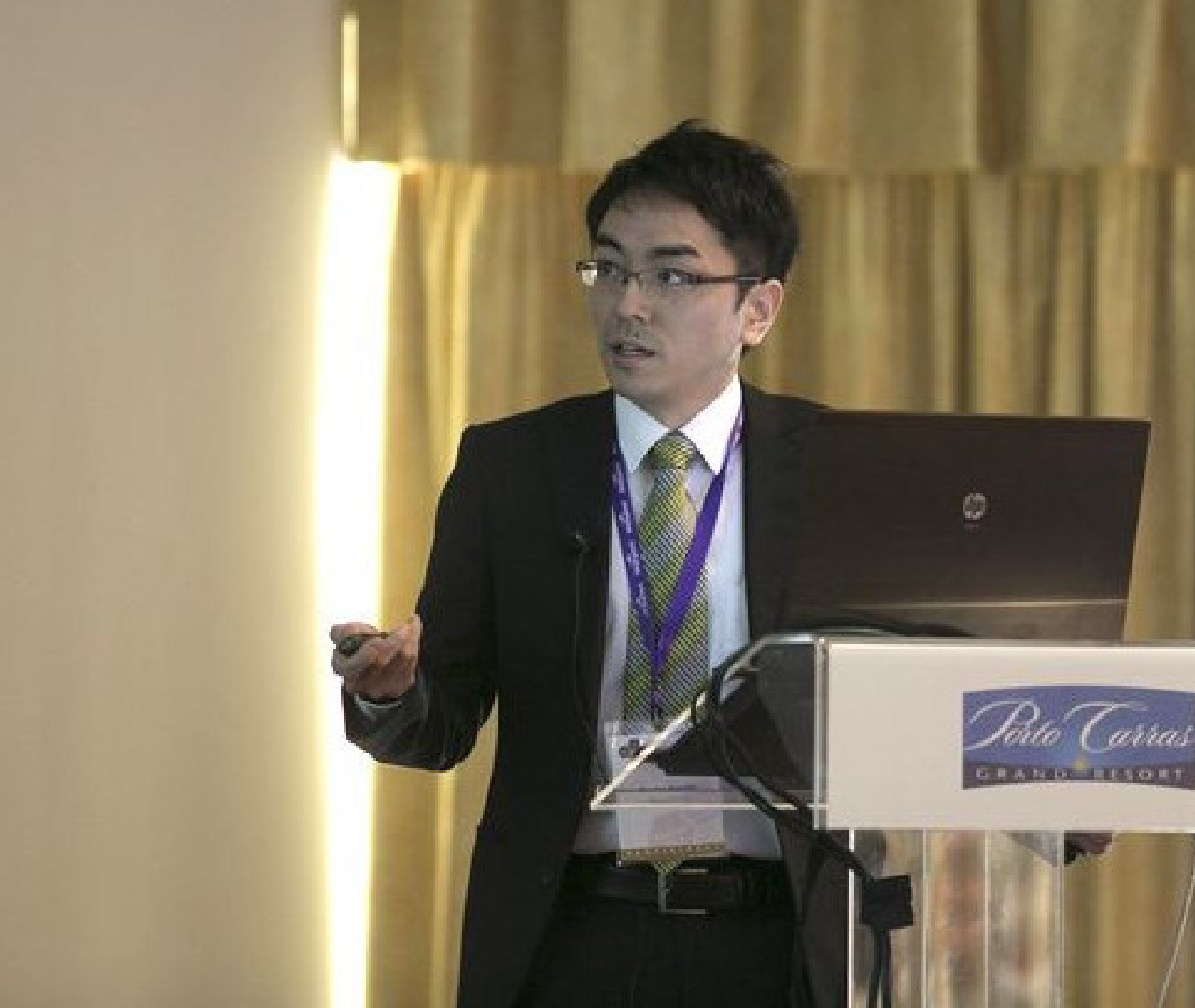Features
1. Linking measurements and algorithms

In SSR, super-resolution is performed by estimating the horizontal shift (displacement) of each data by Bayesian estimation from multiple data. Since super-resolution is statistically performed based on the measured data, the reliability of the measured data is not compromised.
2. Easy to introduce

Accurate measurements generally require equipment upgrades, which is high cost and time consuming. By using the SSR algorithm, it is possible to obtain highly accurate measurement results from data acquired using existing equipment.
3. Original technology from Nagoya University

SSR Corporation was established with the aim of popularizing spectral super-resolution technology, an original technology developed by Nagoya University.

Related research
Related research
“Application of Bayesian Super Resolution
to Spectroscopic Data Analysis”
S. Harada, K. Tsujimori, J. Hirotani,
2023 MRS Spring Meeting
“Application of Bayesian super-resolution
to spectroscopic data for precise characterization”
S. Harada,
Pittcon 2023
“Application of Bayesian super-resolution to Raman spectra” Shunta Harada, Kota Tsujimori, Jun Hirotani, JSAP fall meeting (2021)
“Precise analysis of spectroscopic data by Bayesian super-resolution” Shunta Harada 4th Applied Informatics mini-symposium (Invited)

Journal papers
“Accelerating X-ray Photoemission Spectroscopy Measurements Using Bayesian Super-Resolution”, S. Harada, K. Tsujimori, T. Nomoto, T. Ito, Jpn. J. Appl. Phys. 63 (2024) 048001.
“Application of Bayesian Super-Resolution to Spectroscopic Data for Precise Characterization of Spectral Peak Shape”, K. Tsujimori, J. Hirotani, S. Harada, J. Electron. Mater. 51 (2022) 712-717.

